The Caraka Samhita stands at the top of the ancient texts representing the School of Medicine in Ayurveda founded by the great Scholar-Sage Punarvasu Atreya. Its value is further enhanced by the fact that it is the only text available in complete form where-as other contemporary Samhitas such as of Jatukarna, Parasara etc. perished, that of Bhela is incomplete and that of Harita is dragged into controversy. Thus any scholar desirous to know about the fundamentals of Ayurveda and its approach to life, health and disease has essentially to take resort to the study of this text unique in depth and divergence. It is rightly said "whatever is not here can’t be found anywhere else."
Historically too, it is quite interesting, Like an archaeological edifice. If it is dug into one would come across three distinct strate of authorship ascribed to Agnivesa, Caraka and Drdhabala in successive order.
This immensely valuable text needed since long a faithful and simple translation into English communicating the ideas as they are without divulging into dogmatic details which make the situation terse particularly for a young scholar. This comes from the pen of two erudite scholars of Ayurveda who has devoted the major part of the life in studying the text intensively from various angles and has command over both the languages concerned.
Thus the present work is a definite improvement in that its easy narrative style permits a Scholar not acquainted with Sanskrit syntax to grasp the various concepts of Ayurveda. Moreover, the present translation represents the first attempt of its kind to express in English the Ayurvedadipika commentary by Cakrapanidatta, which sheds light after light on the text.
ABOUT THE AUTHOR Ram Karan Sharma
Dr. Ram Karan Sharma (born March 20, 1927 at Shivapur, Saran, Bihar) was initiated to vedic and allied studies (including Ayurveda) on traditional lines by Pandit Ambikadatta Sharma at Lokamanya Brahmacaryasrama, Muzaffarpur. As a full bright scholar, he worked with Prof. M.B. Emeneau at the University of California, Berkeley, U.S.A. He worked with other eminent Professors like Pandit Uma Nath Jha. (G.B.B. College, Muzaffarpur) and Dr. Ishvara Datta (Patna College) affiliated to Patna University. He was founder Director, Rashtriya Sanskrit Sansthan; Vice Chancellor, Sampurnanand Sanskrit University and Kameshvara Singh Darbhanga Sanskrit University; Joint Educational Adviser, Govt. of India; Visiting Professor, Universities of Columbia, California and Chicago also at the University of Bihar. Presently he is the President of International Association of Sanskrit Studies. Areas of his special interest are: Panini, Mahabharata, Darsana, Kavya and Ayurveda. More than one hundred research papers and about a dozen major publications he has authored. His creative writings include Sandhya (Poetry), a recipient of Sahitya Akademi award and Sima (Novel) a recipient of Bharatiya Bhasha Parishad award.
ABOUT THE AUTHOR Vaidya Bhagwan Dash
Vaidya Bhagwan Dash has had an outstandingly brilliant academic career. In addition to graduate and postgraduate qualifications in Ayurveda, he holds a Master's degree in Sanskrit and a Doctorate from University of Delhi. In the course of over thirty years dedicated to research and practice of Ayurveda, Dr. Dash has attended several international conferences and seminars held in Brazil, Mexico and France. He was invited to deliver a course of lectures in Ayurveda at the Patrice Lumumba Friendship University, Moscow and the Australian School of Ayurveda at Adelaide, South Australia. A sanskrit scholar; he handles the English language with equal felicity. A significant advantage to his propensity for research in Ayurveda is Dr. Dash's proficiency in Tibetan Medicine. Author of over twenty-eight important publications covering different aspects of Ayurveda and Tibetan Medicine, he has to his credit an English translation and commentary of Caraka Samhita, the most authentic Ayurvedic classic. He was Deputy Adviser in Ayurveda to the Government of India in the Ministry of Health and F.W. till 1981, when he took voluntary retirement to enable him to devote more time for academic and research activities. As a Consultant in Traditional Medicine of the World Health Organisation, he had paid several visits to Bangladesh, Bhutan, Burma and Mongolia to study and advise on the Health Development Programmes of those countries.

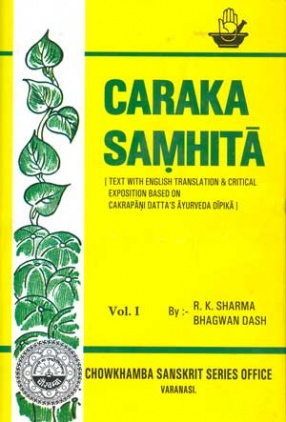
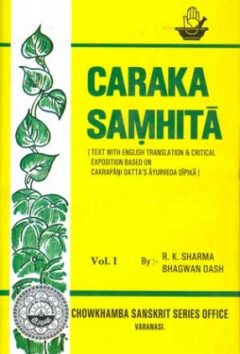
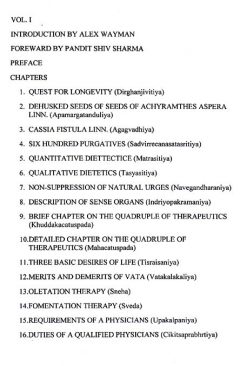
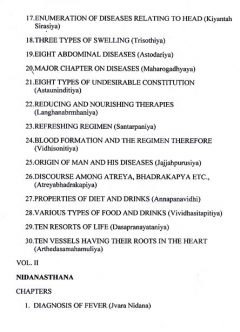
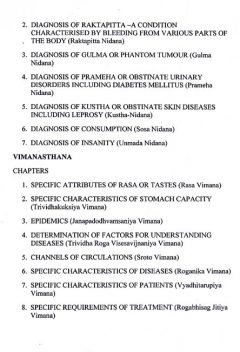
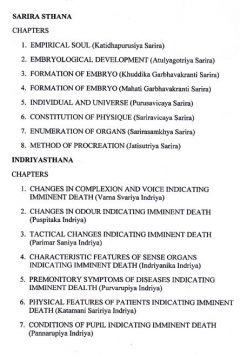
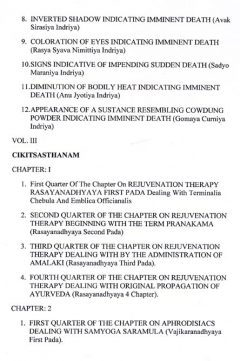
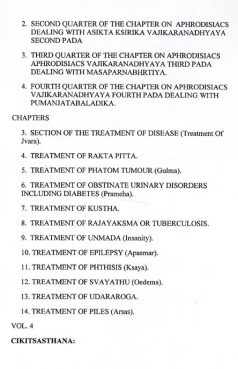
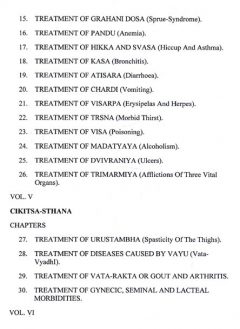
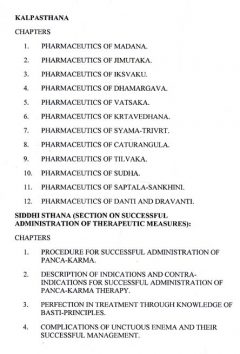
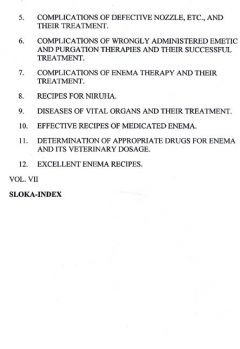
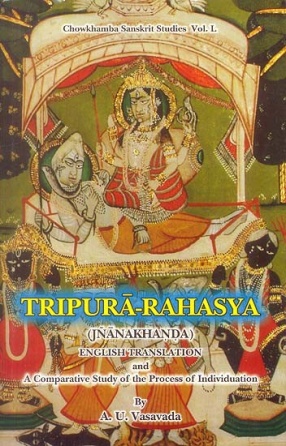
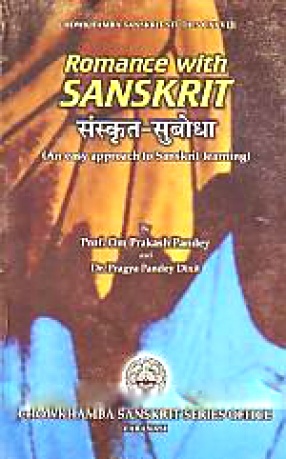
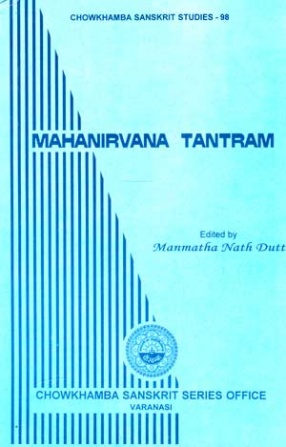
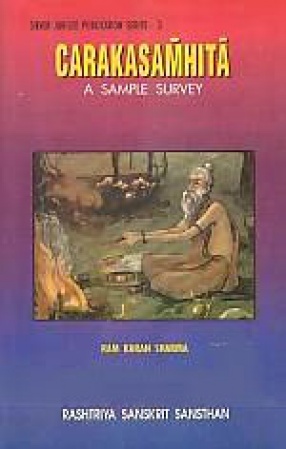
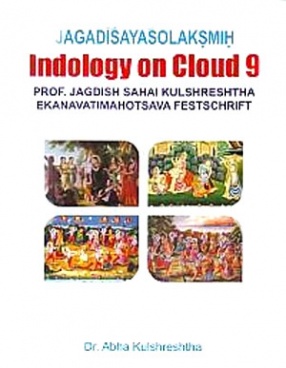

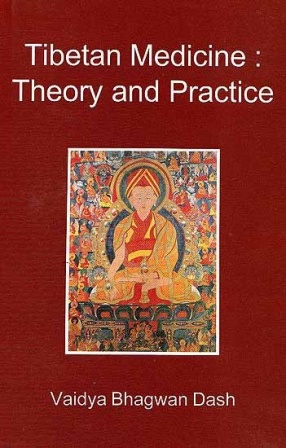
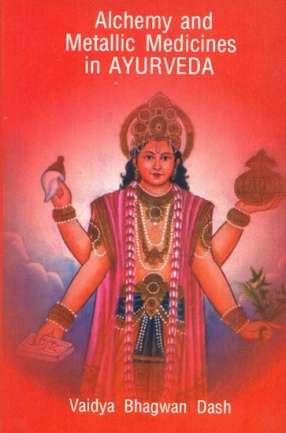
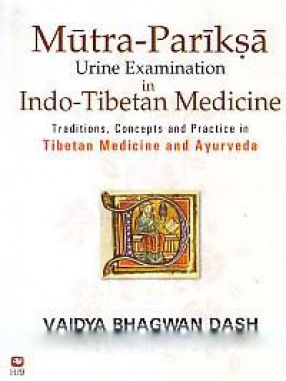
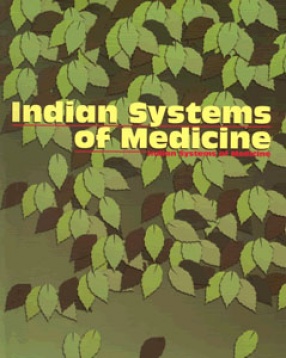
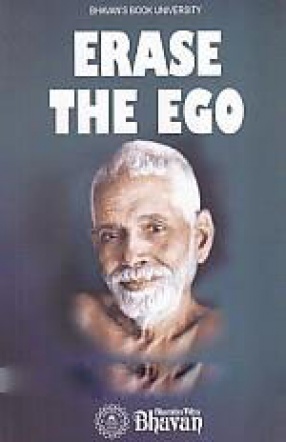
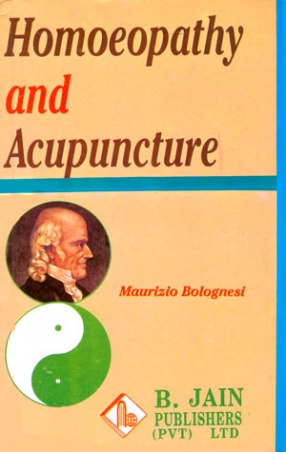
There are no reviews yet.